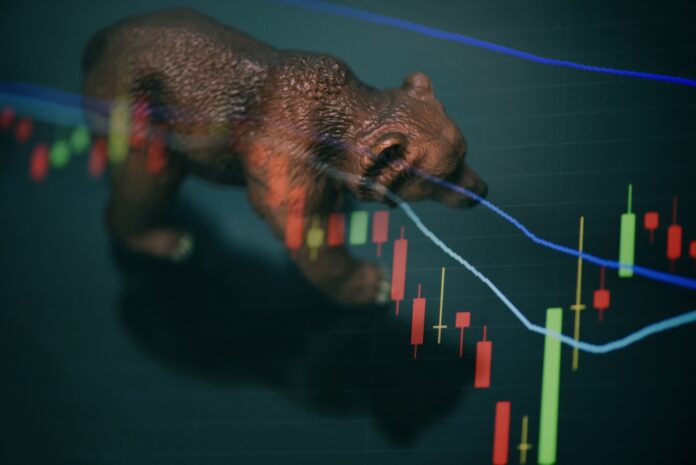Philippine shares were caught in a perfect storm on Friday, with negative market-moving news sending the benchmark PSE Index to a two-year low and into bear market territory.
The Philippine Stock Exchange’s main index dropped 245.07 points, or 4 percent, closing at 5,862.69 on heavy volume of P21.61 billion. This drop placed the PSEi 19.3 percent below its close of 7,272.65 on September 2, officially marking a bear market.
A bear market is typically defined as a decline of around 20 percent from a recent peak, and Friday’s performance confirmed that the market is in such a downward trend.
Analysts attributed the sell-off to several factors, including weaker-than-expected Philippine economic growth last year, an impending rebalancing of index stocks, and growing concerns over U.S. President Donald Trump’s plans to impose higher tariffs on imports from China, Canada, and Mexico.
Starting Monday, Ayala’s real estate investment trust AREIT Inc. and China Banking Corp. will be added to the PSEi, replacing Nickel Asia Corp. and Wilcon Depot Inc., which will move to the PSE MidCap Index. Other changes include the inclusion of Philippine Seven Corp. in the MidCap Index, replacing DDMP REIT Inc., and Robinsons Land Corp. joining the PSE Dividend Yield Index in place of International Container Terminal Services Inc.
Some analysts expect investors to begin bargain hunting next week, but long-time market watcher Jonathan Ravelas expressed skepticism. “I don’t see any compelling fundamentals to support a recovery,” said Ravelas, managing director at eManagement for Business and Marketing Services. He forecasts that the local stock market could continue its decline, possibly losing as much as 30 percent from its September peak, which would push the PSEi to the 5,100 level or lower.
“Sadly, the only catalyst is infrastructure spending, a surprise cut of 50 basis points by the Bangko Sentral ng Pilipinas, and tailwinds from election spending,” Ravelas said. “Otherwise, it is overshadowed by Trump tariffs, currency risks, and rising inflation expectations.”







